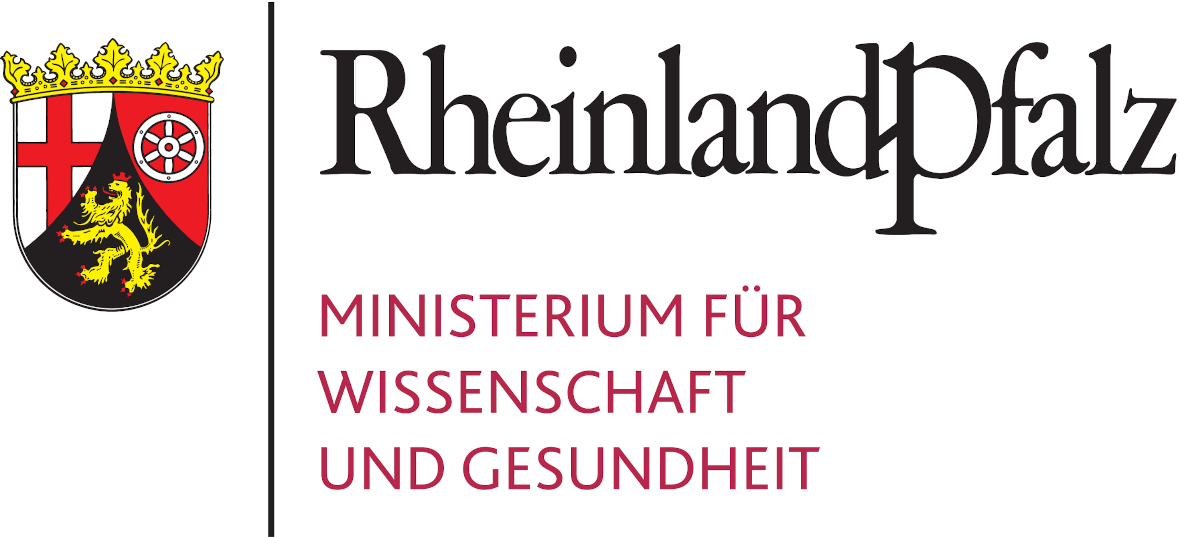Trust in Current Media Coverage of Immigration in Germany. A discourse-linguistic investigation
Prof. Dr. Natalia Filatkina, Prof. Dr. Martin Wengeler, unter Mitarbeit von Milena Belošević
Since 2013/14 the immigration discourse has once again become the focus of public political debate in Germany. The arrival of large numbers of refugees has polarized large sections of society. Social involvement and spontaneous readiness to help on the part of many people bear witness to faith in a future shared with refugees; enormous distance towards and sometimes even aggressive rejection of the refugees fuel right-wing populist movements, reactivating such epithets of recent contemporary history as “turbulent times”, “societies of fear”, “culture of indignation and annoyance”. The distance and/or rejection also give rise to highly topical discussions about Germans’ loss of faith in the state and politics. Immigration to Europe has also severely tested cross-border understanding and trust within the EU. The project aims to reveal the linguistic patterns of the generation and erosion of trust in the discussion of immigration into Germany in the mass media between 2013 and 2017. By means of a combination of various linguistic analytical procedures the project seeks to describe the functions of these patterns and to define the actors responsible for generating and eroding trust in society in order to advance linguistic research on trust and to integrate it into the framework of scientific disciplines with a considerably longer tradition of trust research. Furthermore, the project aims to draw the attention of politicians, administrative staff and journalists to the increased demand for scientific expertise when dealing with immigration in public discussions on immigration.
Conference papers and publications
Belosevic, Milena. 2922. Vertrauen und Misstrauen in der Flüchtlingsdebatte 2015–2017. Eine diskurslinguistische Untersuchung von Argumentationsmustern. Sprache-Politik-Gesellschaft. Vol 29. Hamburg: Buske.
Filatkina, Natalia. 2019. Der Anfang vom Ende Europas. Die Sprache der Verschwörungen im Migrationsdiskurs. In: Aptum 14/2018, 196–220.
Filatkina, Natalia. 2017. Responsible and irresponsible ways to talk about migration in German mass media. Vortrag, Panel „Responsibility, migration, and integration“ auf der Tagung der International Pragmatics Association (IPrA), 20.07.2017, University of Belfast, Nordirland.
Filatkina, Natalia. 2016. Darumb kam eine seer grosse furcht vnd schrecken in das Volck. angest vs. vorhte – Martin Luther als Wendepunkt? In: Bartsch, Nina u.a. (Hg.): PerspektivWechsel oder: Die Wiederentdeckung der Philologie. Berlin, Bd. 2, 67–89.
Filatkina, Natalia. 2015. Diskurshistorische Analysen des Begriffs Zukunftsangst anhand des Spiegel-online- Archivs. In: Sprachwissenschaft 1/40, 73–126.
Wengeler, Martin. 2019. „Im Moment haben die Vertreter der Angstrhetorik die Lufthoheit“. Diskurslinguistische Untersuchungen zur Konstruktion von Zukunftsangst und Vertrauen in deutschen Printmedien. In: Smailagic, Vedad (Hg.): Die Leistung der Philologie bei der Deutung der Kultur(en). Tübingen, 95–112.
Wengeler, Martin. 2017. Zukunftsangst ist die eigentliche Leitkultur der Deutschen‘. Diskurslinguistische Untersuchungen zur Konstruktion von Zukunftsangst und Vertrauen in den Medien. Vortrag, Internationale Tagung in interkultureller Philologie „Die Leistung der Philologie bei der Deutung der Kultur(en)“, Sarajevo, Bosnien und Herzegowina.
Wengeler, Martin. 2013. Historische Diskurssemantik als Analyse von Argumentationstopoi. In: Busse, D. (Hg.): Linguistische Diskursanalyse: neue Perspektiven. Wiesbaden, 189–215.
Wengeler, Martin 2003: Topos und Diskurs. Begründung einer argumentationsanalytischen Methode und ihre Anwendung auf den Migrationsdiskurs (1960–1985). Tübingen.
Wengeler, Martin u. a. (Hg.) (2013): Sprachliche Konstruktionen von Krisen. Interdisziplinäre Perspektiven auf ein fortwährend aktuelles Phänomen. Bremen.
Belošević, Milena. (Dissertation, laufend) Vertrauenserodierende und vertrauensgenerierende Argumentationsmuster im Flüchtlingsdiskurs 2015–2017.
Belošević, Milena (eingereicht) Die Stimmung (kippt nicht von allein). Angstkonstruktion in der Flüchtlingsdebatte in: Natalia Filatkina & Franziska Bergmann (Hg.): Angst. Manifestation und Konstruktion einer Emotion. Berlin.
Belošević, Milena. (2018): „Unsicherheit und Angst haben zugenommen“. Zur öffentlichen Konstruktion von Angst und Misstrauen im Migrationsdiskurs der letzten Jahre, Vortrag. Tagung des Forschungsnetzwerks Sprache und Wissen „Sprache und Angst”, Heidelberg (zusammen mit Martin Wengeler)
Belošević, Milena. (2018): Sprachliche Konstruktion von Angst und Misstrauen in der Flüchtlingsdebatte 2015–2017, Vortrag. Workshop „Interdisziplinäre Perspektiven auf Angst”, Universität Trier.
Belošević, Milena. (2017): Sprachliche Konstruktion von Vertrauen im Flüchtlingsdiskurs. Vortrag. GAL-DoktorandInnen-Research-School „Forschungsmethoden der Politolinguistik“ RWTH Aachen.


